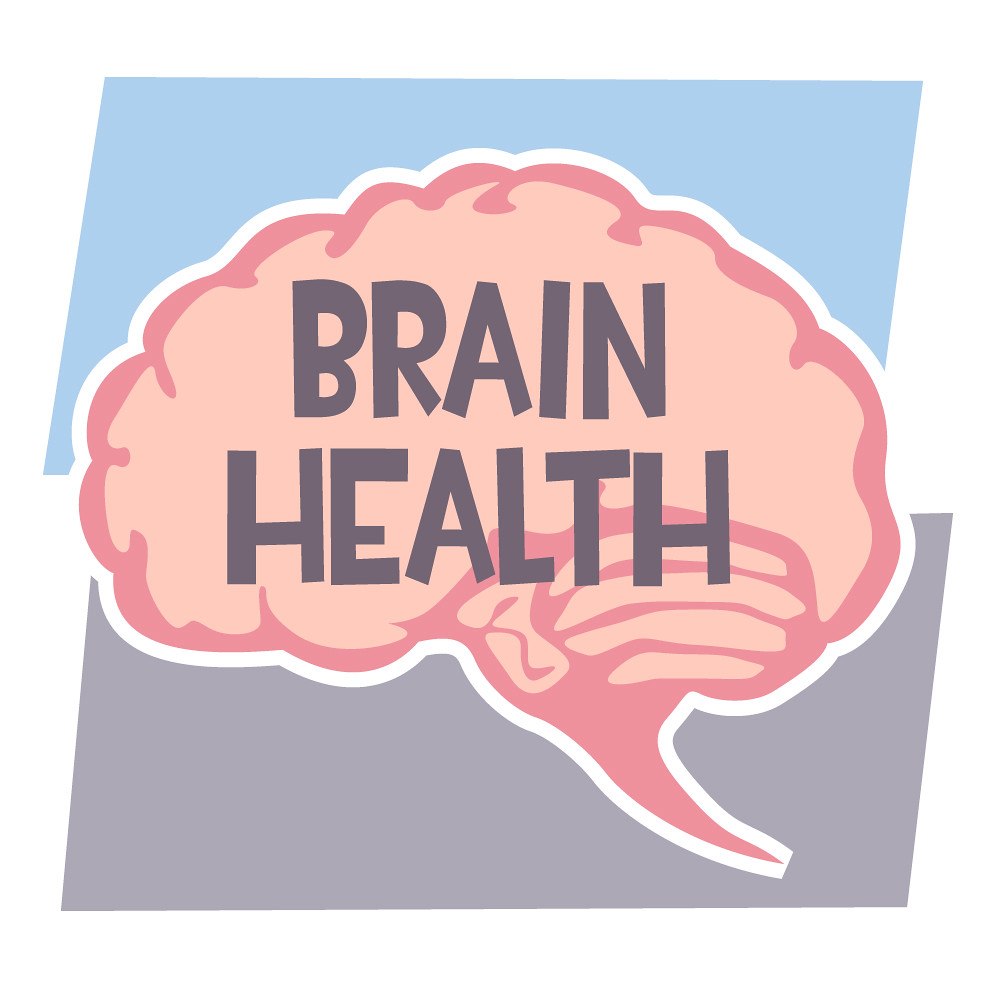
Pregnancy is a period of immense change and development, not just for the baby but also for the mother. Among the various nutrients essential during this time, Vitamin D stands out for its significant role in ensuring both maternal and fetal well-being. This comprehensive guide delves into the importance of Vitamin D in pregnancy, its sources, recommended intake, potential deficiencies, and the ways to maintain optimal levels for a healthy pregnancy.
What is Vitamin D, and Why is it Crucial?
Vitamin D, often known as the ‘sunshine vitamin’, is a fat-soluble vitamin that plays a crucial role in the absorption of calcium and phosphorus, essential for building and maintaining strong bones. Beyond bone health, Vitamin D is vital for cell growth, immune function, and reducing inflammation.
During pregnancy, the demand for Vitamin D increases for several reasons:
- Fetal Bone Growth and Development: Vitamin D is essential for the developing baby’s skeletal structure, teeth, and overall bone health.
- Maternal Health: Adequate Vitamin D levels help prevent pregnancy complications like gestational diabetes, preeclampsia, and the risk of cesarean section.
- Immune Function: It boosts both the mother’s and the baby’s immune systems, reducing the risk of infections.
Sources of Vitamin D
Vitamin D can be obtained from three primary sources:
- Sunlight: The most natural way to get Vitamin D is through sun exposure. The skin synthesizes Vitamin D when exposed to sunlight.
- Diet: Dietary sources include fatty fish (like salmon and mackerel), egg yolks, and fortified foods such as milk, cereal, and juices.
- Supplements: For those who have limited sun exposure or dietary restrictions, Vitamin D supplements can help meet the necessary requirements.
Recommended Intake of Vitamin D During Pregnancy
The recommended daily intake of Vitamin D varies depending on individual health, dietary habits, and environmental factors. Generally, pregnant women are advised to intake 600 International Units (IU) of Vitamin D daily. However, some experts suggest a higher intake for optimal health, especially in cases of deficiency. It’s crucial to consult with a healthcare provider before starting any supplementation.
Identifying and Addressing Vitamin D Deficiency
Vitamin D deficiency is common among pregnant women, particularly those with limited sun exposure, darker skin, or those living in higher latitudes. Symptoms of deficiency may include muscle weakness, bone pain, and fatigue. Chronic deficiency can lead to complications like gestational diabetes, preeclampsia, low birth weight, and skeletal issues in the newborn.
Blood tests can diagnose Vitamin D deficiency. If a deficiency is detected, a healthcare provider may recommend supplements to safely elevate Vitamin D levels.
Ensuring Adequate Vitamin D Levels
- Balanced Sun Exposure: Aim for moderate sun exposure, about 10-15 minutes a few times a week, depending on your location and skin type. However, be mindful of skin protection and avoid excessive sun exposure to reduce the risk of skin damage.
- Dietary Adjustments: Incorporate Vitamin D-rich foods into your daily diet. Regular consumption of fatty fish, fortified milk, and egg yolks can naturally boost Vitamin D levels.
- Regular Monitoring: Pregnant women, especially those at risk of deficiency, should have their Vitamin D levels monitored regularly throughout pregnancy.
- Supplementation: If dietary changes and sun exposure aren’t sufficient, supplements can be an effective way to ensure adequate Vitamin D levels. It’s essential to follow the dosage recommended by your healthcare provider.
Conclusion: The Significance of Vitamin D in Pregnancy
Vitamin D plays a vital role in ensuring a healthy pregnancy and fetal development. Understanding its importance, sources, and the need for adequate levels can significantly impact the health outcomes of both mother and baby. Whether through natural sunlight, diet, or supplements, maintaining optimal Vitamin D levels is a key aspect of prenatal care. As always, individual needs vary, so it’s crucial to consult with healthcare professionals for personalized guidance and care throughout your pregnancy journey.
10 FAQs on Vitamin D and Pregnancy
- What is the recommended daily intake of Vitamin D for pregnant women?
Pregnant women are generally advised to intake 600 International Units (IU) of Vitamin D daily. However, individual requirements may vary, so it’s important to consult with a healthcare provider. - Can Vitamin D deficiency affect my baby’s development?
Yes, Vitamin D deficiency during pregnancy can lead to complications such as low birth weight, skeletal issues in the newborn, and may affect fetal bone development and teeth formation. - How can I get Vitamin D naturally during pregnancy?
The best natural sources of Vitamin D are sunlight, fatty fish, egg yolks, and fortified foods like milk and cereal. - Is too much Vitamin D harmful during pregnancy?
Excessive Vitamin D intake can lead to health issues like hypercalcemia. It’s crucial to stick to the recommended dosage and consult with a healthcare provider before taking supplements. - How do I know if I am deficient in Vitamin D?
Symptoms of Vitamin D deficiency include muscle weakness, bone pain, and fatigue. A blood test can accurately diagnose Vitamin D levels. - Are there specific Vitamin D supplements for pregnant women?
There are prenatal vitamins that include the recommended Vitamin D dosage. It’s best to choose supplements specifically designed for pregnancy and as advised by a healthcare professional. - Can Vitamin D deficiency be corrected during pregnancy?
Yes, with proper dietary adjustments, moderate sun exposure, and supplementation, Vitamin D levels can be improved during pregnancy. - Does the requirement for Vitamin D increase during pregnancy?
Yes, the demand for Vitamin D increases during pregnancy due to the needs of the developing fetus and changes in the mother’s body. - Can Vitamin D reduce the risk of pregnancy complications?
Adequate levels of Vitamin D have been linked to a lower risk of complications like gestational diabetes and preeclampsia. - Should I continue to take Vitamin D after giving birth?
It is often recommended to continue Vitamin D supplementation postpartum, especially if breastfeeding, to ensure adequate levels for both mother and baby.
Blog Tags for the Post
Vitamin D, Pregnancy Nutrition, Maternal Health, Fetal Development, Dietary Supplements, Sun Exposure, Bone Health, Prenatal Care, Immune Function, Gestational Health











